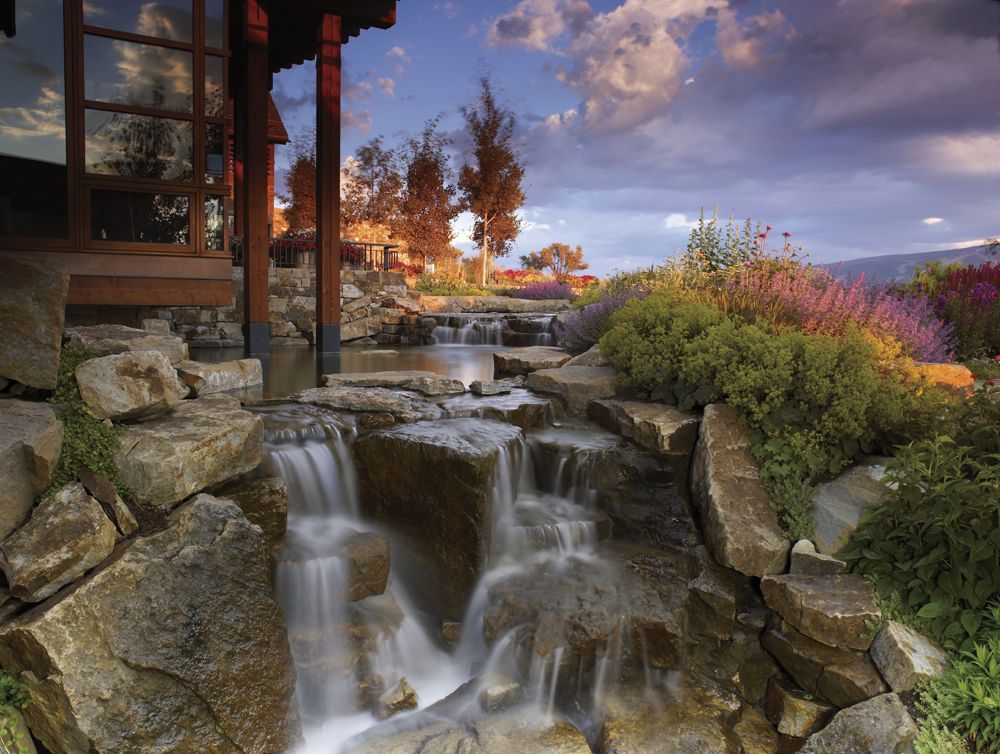Judicial discipline changes moving at a slow pace

Colorado’s judicial system is barely closer to fixing what some have called a broken process of disciplining judges a year after voters approved a new method of dealing with the issue and eight months after revelations the state fosters a private system of judges who fall outside of that oversight.

The state’s Commission on Judicial Discipline only last week held its first public hearing – just two people testified – to discuss new rules for how judges accused of misbehavior are to be investigated and disciplined, a system voters approved in November 2024.
The judiciary has taken no action, however, regarding Denver Gazette revelations that several retired judges working as private judges appointed by the Supreme Court’s chief justice apparently violated rules prohibiting campaign contributions.
The discipline commission has said it has no jurisdiction over the conduct of retired judges who work as a private judge, even though they have all the authority of a sitting district court judge. The Denver Gazette found nearly all the private judges have been hired to oversee divorce cases, mostly for the wealthy.
The majority of the retired judges hired as private judges work for the Judicial Arbiter Group in Denver.
A Judicial Department spokeswoman said there have been discussions with the discipline commission about private judges, but there’s confusion over whether the voter-passed Amendment H last year requires that any rule changes about them should be devised by the judiciary or the commission.
For now, the spokeswoman said, the process of devising a new judicial discipline process is taking precedent.
Meanwhile, nearly two dozen additional private judge appointments have been made this year, according the Judicial Department.
A 13-member rule-making committee was formed four months after voters approved Amendment H, with appointments by the Colorado Supreme Court, the Independent Judicial Discipline Adjudicative Board – which the legislature created a year earlier to oversee the discipline process – the discipline commission, and a victim’s advocate named by the governor.
That board issued its first set of proposed rules four months later, in July, and another set in September. The hearing last week was to take public testimony about them.
Former commission executive director Christopher Gregory – he also served as a commission member, as well as its chairman – testified he felt the rule-making process has been less than transparent and balanced.
“This committee only proposes rules that protect subject judges, reduces transparency, and encourages public fraud and further judicial misconduct,” he said, noting he’s filed a federal lawsuit claiming widespread corruption in the judiciary to cover up years of misconduct. “None of the proposed rule changes address the constitutionally mandated topics. Why not?”
The chairwoman of the rule-making committee is Kristen Mix, a former federal magistrate who has been with JAG since 2023.
Mix did not immediately respond to a Denver Gazette request on Friday for comment about the next step in the rule-making process.
Discipline commission spokeswoman Anne Mangiardi would not comment about any process regarding potential rules about private judges, instead saying the focus remains on Amendment H.
That amendment was the result of a scandal that began with newspaper accounts of alleged misconduct at the Judicial Department dating to 2018. It involved years of purported coverups of judicial misbehavior and exposed a discipline process that critics saw as secretive and ineffective.
Ultimately, it led to public sanctions of former Supreme Court Chief Justice Nathan “Ben” Coats, the only justice to be disciplined in state history.
Legislative hearings uncovered additional problems that resulted in calls to remake the entire judicial discipline process. That process, which voters approved as a constitutional amendment, removes the Supreme Court as the final arbiter of discipline and puts it in the hands of a three-person board – a judge, a lawyer and a citizen – and ensures the system is more transparent.
The Denver Gazette also revealed how private judges suppress their cases from the public with greater frequency than sitting district court judges. That process is under review, as the Colorado Freedom of Information Coalition, which advocates for transparency, has challenged one of the suppressed cases, demanding its records be opened to the public.
The private judge overseeing the case, retired Denver District Judge Bill Meyer who is a member of JAG, has not yet issued a decision.


















